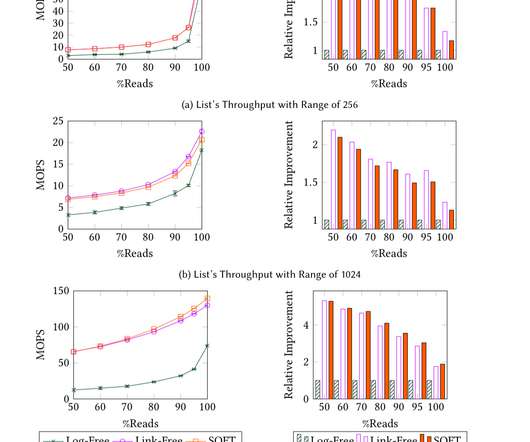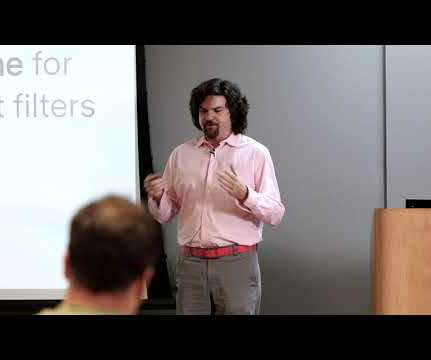Human Behavior in Software Development
Professor Beekums
DECEMBER 1, 2019
I find behavioral economics fascinating. Many economists assume rational behavior among all people and it results in economic models that seem good in theory, but end up being completely inaccurate. Humans aren’t 100% rational and the real decisions we make are difficult to account for. We have a similar problem when it comes to the software development process.










Let's personalize your content